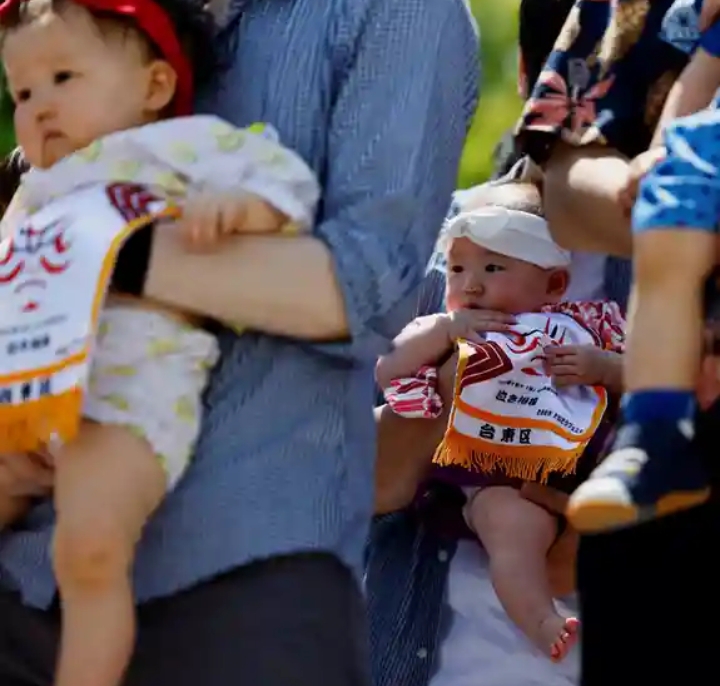Japan's population plummeted to record lows due to a persistently low birthrate, prompting government efforts to support families and address a shrinking workforce.
Japan Faces Record Population Decline Amid Birthrate Crisis


Japan's citizen population declined to 120.3 million as of October 2024, according to official data released on Monday, marking a record drop of 898,000 people from the previous year.
The country continues to grapple with one of the lowest birth rates in the world, which is causing significant challenges for both society and the economy, including a shrinking workforce and a reduction in consumer numbers.
The decline represents the 13th consecutive year of population decrease among Japanese citizens and is the largest drop since the government began collecting comparable data in 1950, as reported by the Interior Ministry.
When foreign nationals are included, the overall population also saw a reduction of 550,000 people, bringing the total to 123.8 million. This marks the 14th consecutive year of an overall population decrease.
Only Tokyo and its neighboring prefecture, Saitama, recorded population increases, while the remaining 45 prefectures experienced declines. Akita prefecture, located in the northern part of Honshu island, showed the most significant decrease.
Japan's population reached its peak in 2008 and has been steadily shrinking since then due to the declining birthrate.
In response to the population decline, Chief Cabinet Secretary Yoshimasa Hayashi stated in a briefing that the government has been making efforts to support young individuals who feel financially constrained and therefore hesitant to have children.
Hayashi acknowledged that many people who wish to raise children are unable to do so due to economic barriers. He emphasized that the government is working to improve wages for young people and provide better child care support.
He added that the government will implement comprehensive measures to create a society where everyone who wishes to have children can do so and raise them with peace of mind.
While Japan has begun to rely on younger foreign workers to address labor shortages, its immigration policy remains strict, allowing foreign workers to stay only on a temporary basis.
In 2023, then Prime Minister Fumio Kishida announced that the government would allocate approximately 3.5 trillion yen (about $25 billion or €23.5 billion) annually to child care and other support measures aimed at helping parents.

 বাংলা
বাংলা  Spanish
Spanish  Arabic
Arabic  French
French  Chinese
Chinese 
